Policy Reports
The Buckeye Institute’s World-Famous Piglet Book Identifies More Than $9 Billion in Savings for Ohio Taxpayers
March 20, 2025
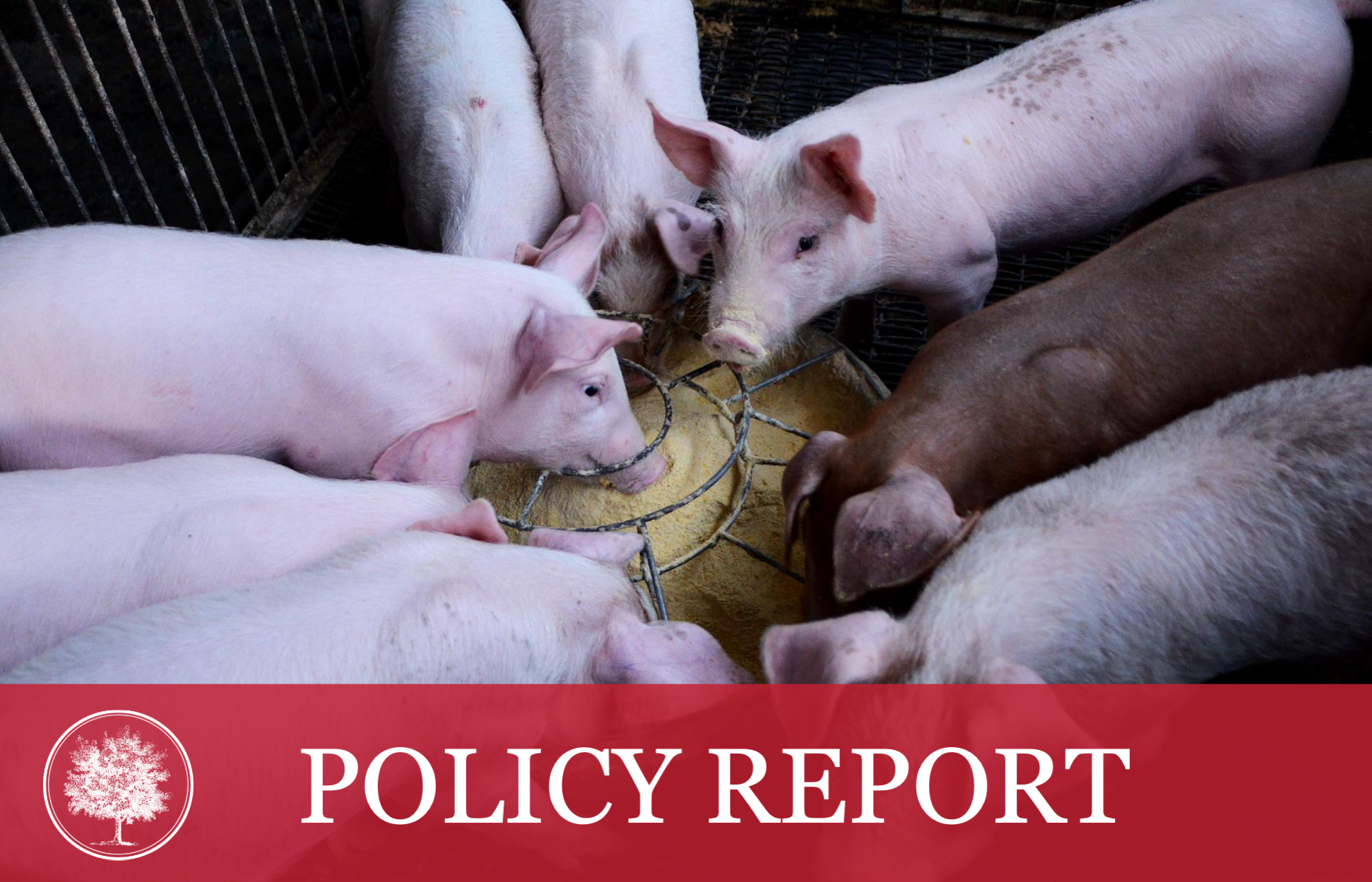
The Buckeye Institute released its world-famous 2025 Piglet Book, which identified more than $9 billion in savings for Ohio taxpayers. The Piglet Book analyzes Ohio’s proposed biennial budget to offer specific savings for lawmakers to consider as they debate the state’s two-year budget. “To help keep Ohio economically competitive, the General Assembly should aggressively prioritize cuts to public spending, curb Medicaid growth rates, close tax loopholes, eliminate corporate welfare, and end government ‘philanthropy.’”
The Buckeye Institute Offers Commonsense Reforms to Lower Property Taxes
March 06, 2025

With property taxes in many parts of Ohio skyrocketing, The Buckeye Institute released a new policy memo recommending commonsense reforms state and local officials should adopt to help lower property taxes, the rise of which stems from Ohio’s complex local tax and government structures. In the memo, Buckeye notes that “[w]ith more than 3,900 local government bodies and taxing authorities…Ohio adds unnecessary layers of fragmented, redundant bureaucracy that duplicate administrative functions and impose higher operational costs.” These redundancies require Ohioans to pay ever higher property taxes.
The Buckeye Institute: Failure to Index Tax Brackets to Inflation Cost Ohioans $663 Million
February 24, 2025
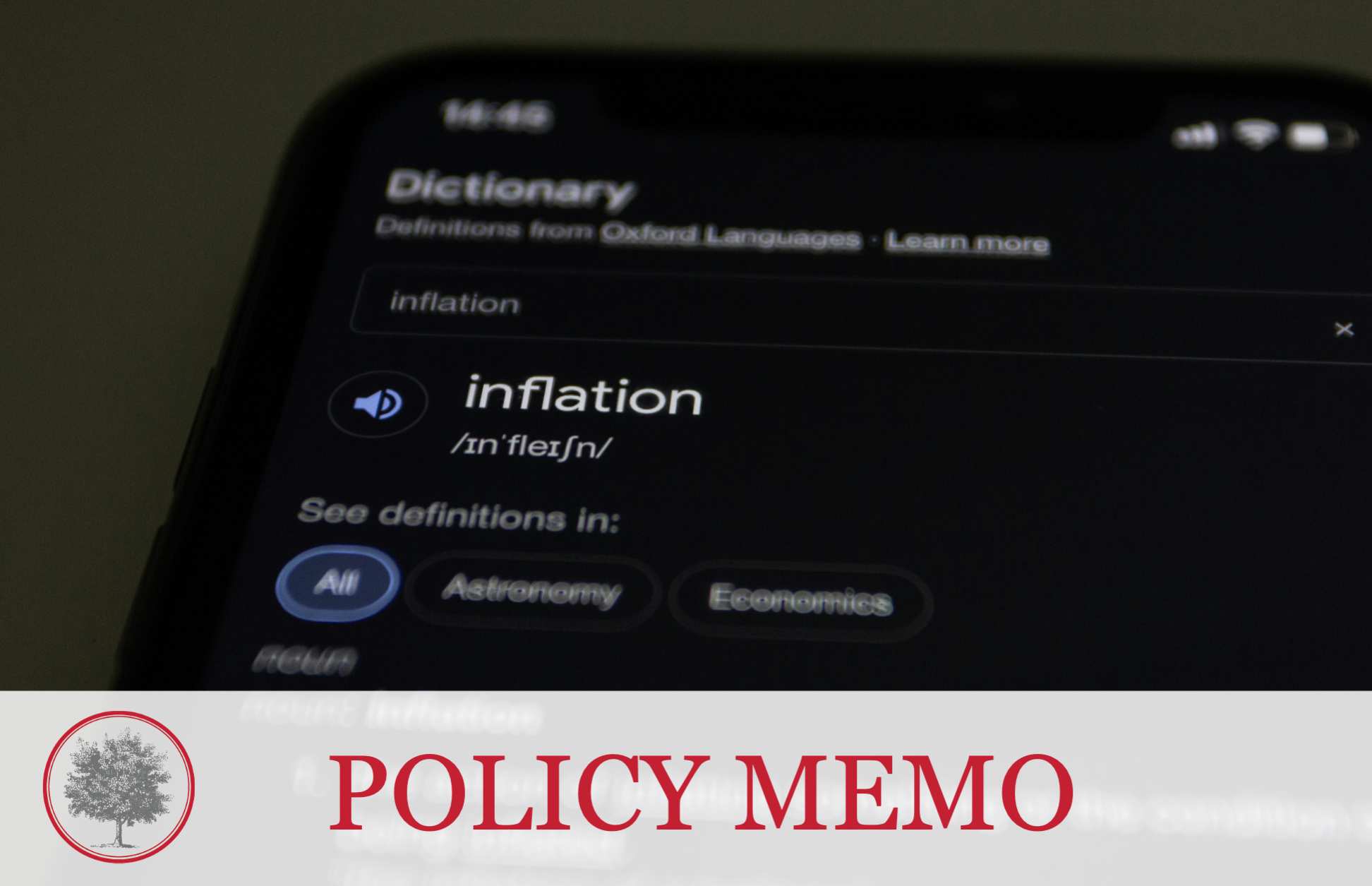
As Ohio’s 136th General Assembly continues its work on the state’s 2026-2027 budget, The Buckeye Institute issued a new policy memo demonstrating that not indexing Ohio’s income tax brackets to inflation in “2023-2024 cost Ohio taxpayers $663 million.” The memo urged lawmakers to “resist the temptation to suspend indexing going forward” and “make inflation-indexing a permanent part of [Ohio’s] income tax policy.”
The Buckeye Institute Outlines Policies to Build a Responsible, Pro-Growth Budget for Ohio
February 05, 2025

In a new policy brief, Building a Responsible, Pro-Growth Budget, The Buckeye Institute offers forward-looking policies that Ohio lawmakers should adopt in the next budget to “begin improving Ohio’s tomorrow today.” “By taking strategic, responsible steps to restrain public spending, promote economic growth, and reform failed government and education systems, Ohio can better align fiscal, tax, and education policies with the economic realities of the 21st century.”
New Buckeye Institute Report Outlines a Better Energy Policy for Ohio
January 22, 2025
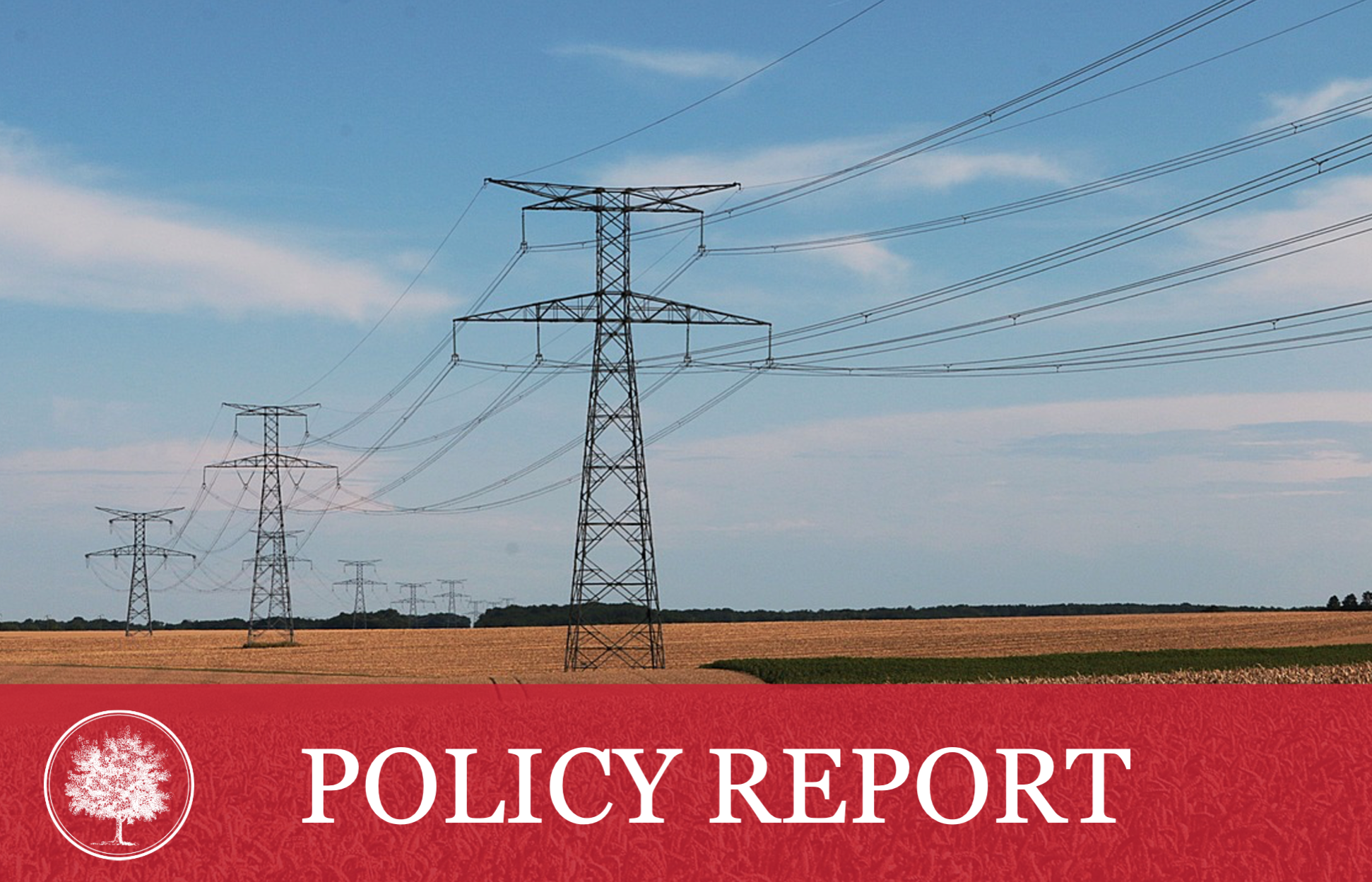
In a new policy report, Better Energy Policy for Ohio, The Buckeye Institute, in partnership with Americans for Prosperity-Ohio, outlines the challenges facing Ohio as the need and demand for energy grows and offers basic principles lawmakers should use as a guide to develop better energy policies for the Buckeye State. “Ohioans deserve a better, smarter, more principled energy policy that reduces bureaucratic red tape and helps ensure a healthy supply of affordable, reliable energy.”
In New Report, The Buckeye Institute Offers Policy Solutions to Transform Higher Education in Ohio
January 14, 2025
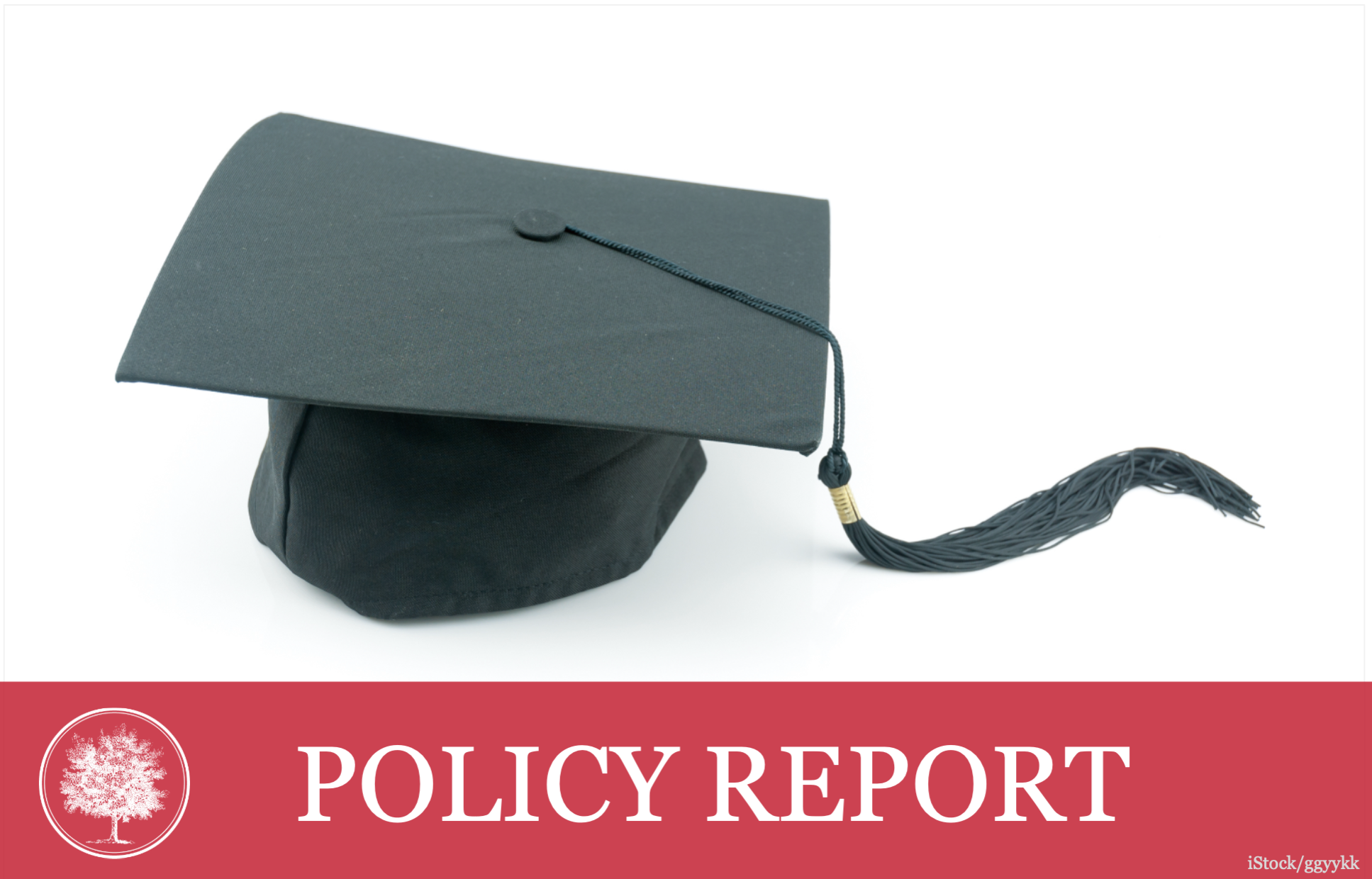
In a new policy report, Transforming Higher Education in Ohio: Reforms Needed Today to Prepare for Tomorrow, The Buckeye Institute offers eight commonsense policy reforms that lawmakers should adopt to ensure that Ohio’s higher education system is preparing graduates to meet the demands of the 21st century job market. “The reforms outlined in The Buckeye Institute’s report will foster competition in higher education, reduce academic overhead, and encourage students to pursue studies that yield stable incomes after graduation.”
The Buckeye Institute Calls on Ohio Lawmakers to Fulfill the Promise of Universal School Choice
January 08, 2025

As Ohio’s 136th General Assembly convenes, The Buckeye Institute issued a new policy memo reminding lawmakers of the promise they made to Ohio’s families and students in “making school choice universally available” and offered six recommendations lawmakers can pursue to fulfill that promise fully. The Buckeye Institute called on state lawmakers to build on their school-choice achievements and “take commonsense steps to secure universal school choice and resist any efforts to undermine its success.”
In New Report, The Buckeye Institute Warns of Regulatory Trojan Horses
December 19, 2024
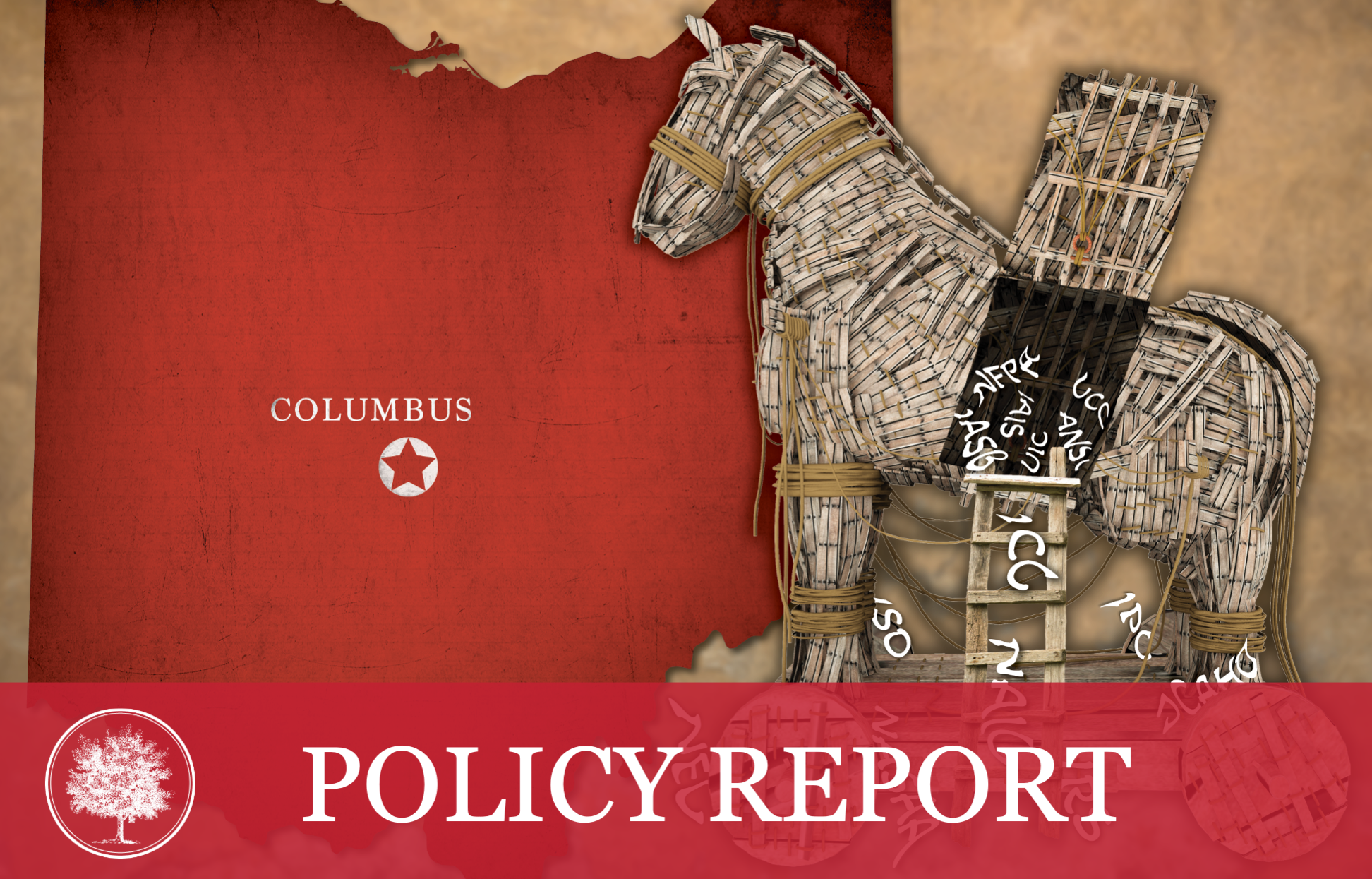
In a new policy report, Beware the Trojan Horse of Rulemaking Nongovernment Organizations, The Buckeye Institute outlines the history of national and international nongovernmental organizations (NGO), which present a unique regulatory threat disguised as an innocuous Trojan gift horse. “NGOs operate opaquely, with little public scrutiny, and their seemingly benign proposals can be a Trojan Horse leading to needless government regulations. Regulators and elected representatives should be wary of NGOs bearing gifts.”
The Buckeye Institute Releases Economic Freedom of North America 2024 Report
December 17, 2024
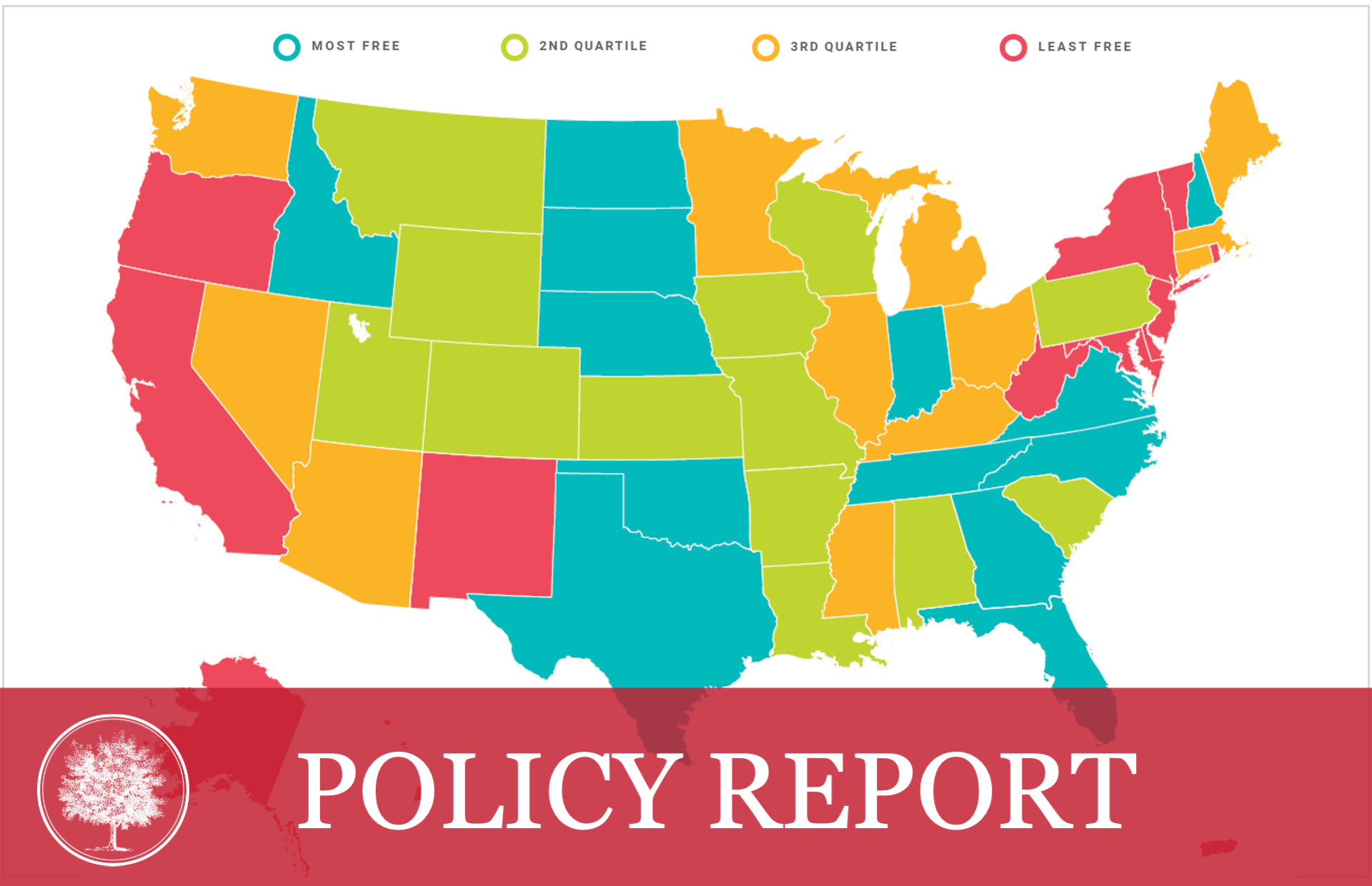
In 2024, Ohio fell two spots in the Economic Freedom of North America 2024 report, ranking 35th out of all 50 states and Puerto Rico. The report, released by The Buckeye Institute in partnership with Canada’s Fraser Institute, ranks all states and provinces in the United States, Canada, and Mexico, as well as the U.S. territory of Puerto Rico based on economic freedom, measured by government spending, taxation, and labor-market freedom.
Buckeye Institute Recommendations Will Make Healthcare More Affordable
November 20, 2024

In a new policy report, How to Make Ohio Healthcare More Affordable: A Public Policy Guide, The Buckeye Institute outlines nine commonsense policy and regulatory reforms that state policymakers can adopt to make healthcare more affordable. “Employers across the country face the challenge of finding affordable healthcare plans that meet the needs of their employees. Fortunately, as The Buckeye Institute’s report outlines, transparency, choice, and competition offer better paths forward for reducing costs and improving quality in healthcare.”
